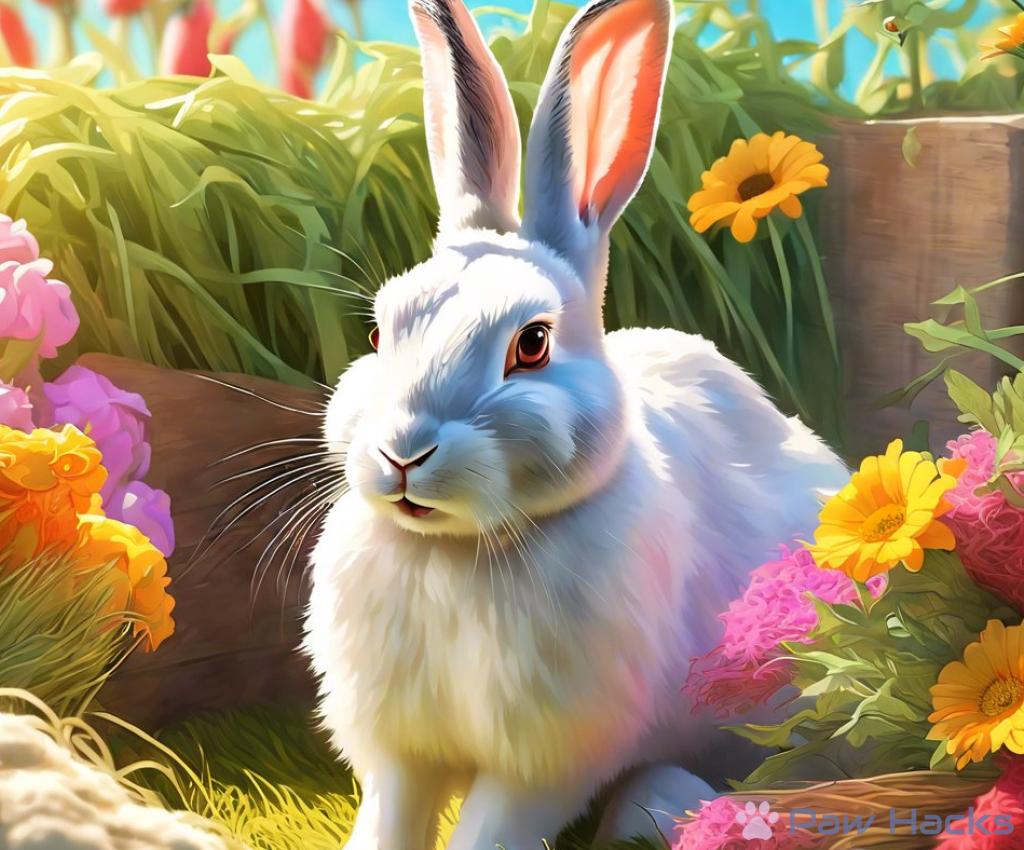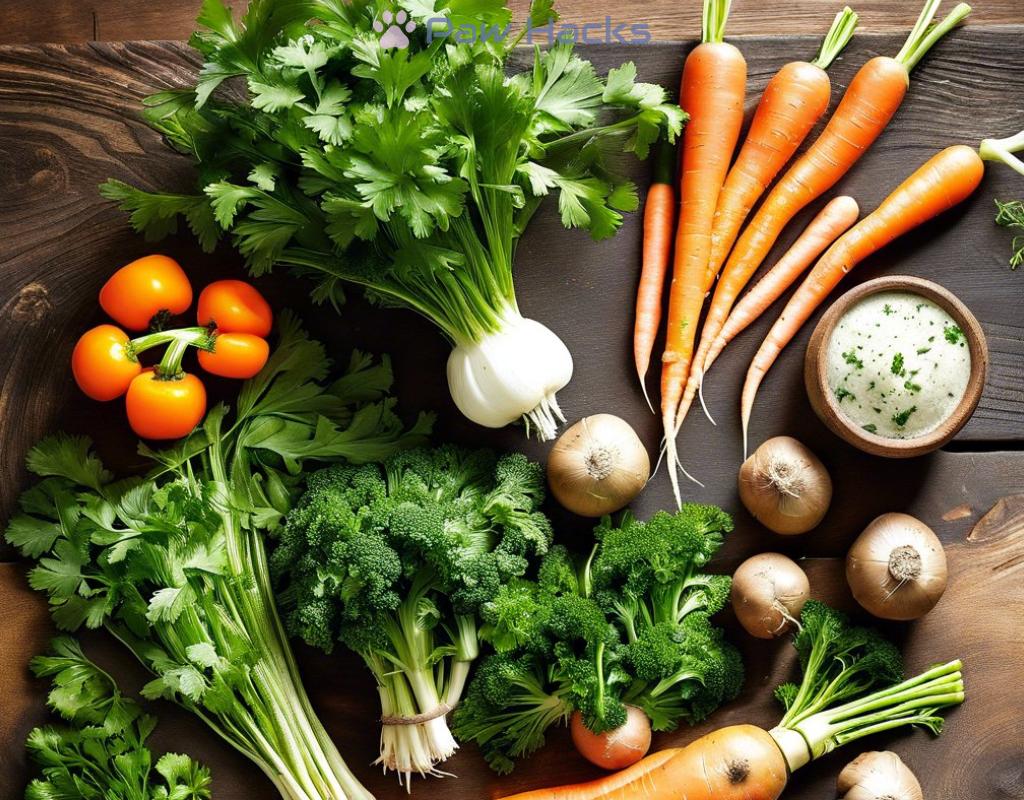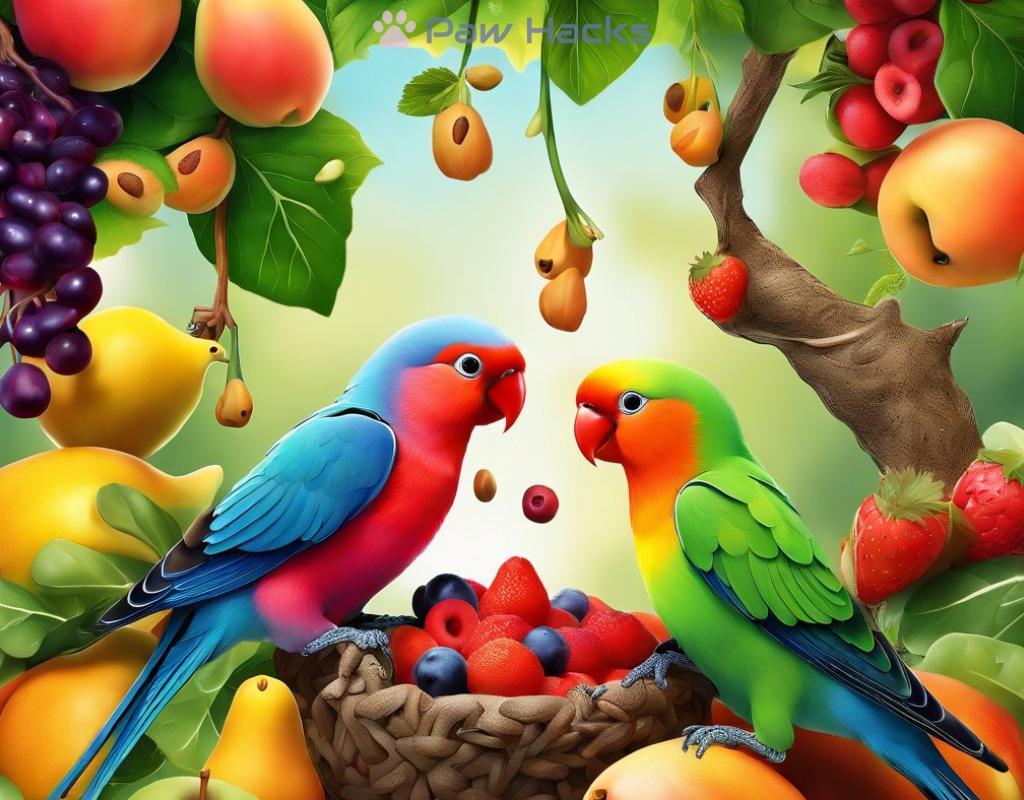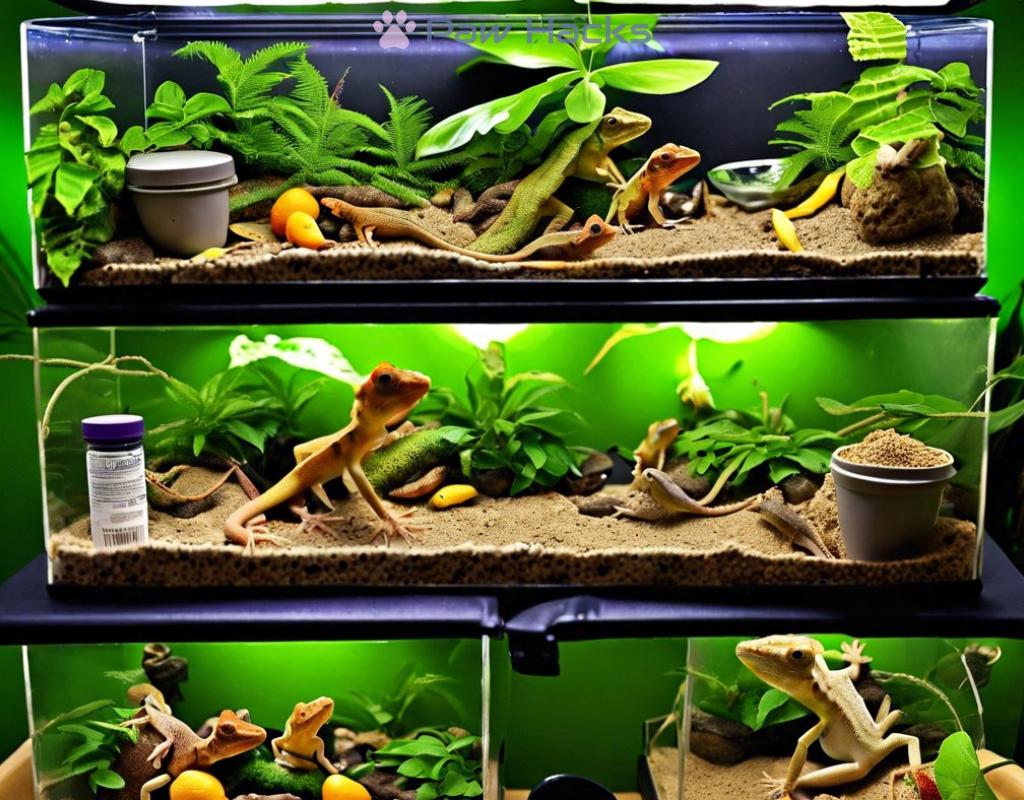Best Foods for Rabbit Digestion
The Power of Hay: Essential Fiber for Healthy Rabbit Digestion

When it comes to keeping your rabbit healthy, one thing stands out above all else: hay. This seemingly simple food is packed with essential nutrients and fiber, providing numerous health benefits that every rabbit owner should know about. In this article, we will explore the importance of hay in rabbit diets and how it contributes to proper digestion.
Hay serves as the cornerstone of a rabbit’s diet, ensuring that their digestive system functions optimally. It provides the necessary fiber that keeps their gut moving and prevents serious health issues. Understanding the role of hay can lead to improved health and longevity for your furry friend.
Not all hay is created equal! Different types of hay offer various textures and nutrients that can cater to your rabbit’s specific needs. Choosing the right kind of hay is crucial for their digestive health. Below is a comparative list of the most common types of hay and their benefits:
- Timothy Hay: High in fiber and low in protein, perfect for adult rabbits.
- Orchard Grass Hay: Sweet-smelling and soft, ideal for picky eaters.
- Bermudagrass Hay: A good source of fiber, often used for weight management.
- Meadow Hay: A mix of grasses and herbs, providing a diverse nutrient profile.
Each type of hay has its unique advantages, so it’s important to offer a variety to keep your rabbit happy and healthy!
Fiber is the hero of rabbit digestion, and hay is its most abundant source. A diet rich in fiber supports not only regular bowel movements but also prevents serious health issues like gastrointestinal stasis—a condition where the digestive system slows down or stops completely.
Here’s why fiber from hay is so important:
| Benefit | Description |
|---|---|
| Promotes Healthy Digestion | Ensures food moves smoothly through the gut. |
| Prevents Obesity | Low-calorie hay helps maintain a healthy weight. |
| Dental Health | Chewing hay helps wear down rabbit teeth, preventing dental issues. |
Providing your rabbit with the right amount of hay not only keeps their digestion in check but also contributes to their overall well-being. Remember, a happy rabbit is a healthy rabbit!
Fresh Greens: A Vital Ingredient for Optimal Digestive Health
Just as hay is a fundamental component of a rabbit’s diet, fresh greens play an equally crucial role in promoting digestive health. These vibrant and nutritious vegetables not only add variety to your rabbit’s menu but also provide additional fiber, vitamins, and minerals essential for overall well-being. Integrating fresh greens into your rabbit’s daily diet can help maintain their digestive systems in top shape while keeping their eating habits exciting.
Fresh greens contribute to the hydration of your rabbit, provide a wealth of nutrients, and encourage natural foraging behavior. Unlike dry foods, leafy greens have a higher moisture content, which supports hydration and digestion. Moreover, the crunchiness of fresh vegetables helps to wear down your rabbit’s ever-growing teeth, preventing dental problems that might arise from a lack of chewing opportunities.
When it comes to selecting fresh greens for your rabbit, diversity is key. A variety of greens ensures that your pet receives a broad spectrum of nutrients and keeps their diet interesting. Below is a list of some rabbit-friendly greens, along with their benefits:
- Romaine Lettuce: Rich in vitamins A and K; great for hydration.
- Basil: A fragrant herb that adds variety and supports digestive health.
- Cilantro: Offers a unique flavor and helps with nutrient absorption.
- Parsley: High in vitamins and minerals, beneficial for overall health.
- Mustard Greens: Packed with fiber and helps prevent obesity.
To maximize the benefits of fresh greens, consider creating a colorful salad for your rabbit. Mixing different types of greens not only enhances the nutrient profile but also stimulates your rabbit’s appetite. Just remember to introduce new greens gradually to avoid digestive upset. Aim for a mix that contains at least three different types of greens, balancing between leafy greens and herbs for the best results.
In summary, fresh greens are an indispensable part of a rabbit’s diet, offering a wealth of benefits that support healthy digestion and overall wellness. By providing your furry friend with a varied selection of fresh vegetables, you can ensure that they enjoy a balanced diet that keeps their digestive system functioning optimally.
Understanding Pellets: Choosing the Right Type for Your Rabbit
When it comes to ensuring your rabbit’s digestive health, pellets can play a significant role in their overall dietary plan. Though hay and fresh greens are essential staples, high-quality pellets can provide necessary nutrients that complement these foods. However, not all pellets are created equal, and understanding the different types available is crucial for making informed choices for your furry companion.
While hay serves as the primary source of fiber for your rabbit, pellets can offer a concentrated source of vitamins and minerals. Pellets should be viewed as a supplement rather than the main event. A good rule of thumb is to choose pellets that are high in fiber, low in protein, and devoid of added sugars or fillers. This ensures that your rabbit receives the nutritional benefits without compromising digestive health.
When browsing for pellets, it’s essential to read the label carefully. The first thing to look for is the fiber content; you want pellets that contain at least 18% fiber. This high fiber content aids in digestion and promotes healthy gut motility, keeping your rabbit’s digestive system functioning smoothly. Additionally, check for the ingredients list; the best pellets are made from natural ingredients like grass hay and are free from artificial additives.
Another important aspect to consider is the protein content. Adult rabbits require a lower protein level, typically around 14-16%. Too much protein can lead to obesity and other health issues. Moreover, be cautious of pellets that contain seeds, nuts, or dried fruits; while they may seem appealing, these ingredients can be high in fat and sugar, which are detrimental to your rabbit’s digestive health.
Introducing pellets into your rabbit’s diet should be done gradually to avoid digestive upset. Start by mixing a small amount of pellets with their usual hay or greens, and slowly increase the proportion over time. This method allows your rabbit’s digestive system to adjust without causing discomfort. Maintaining a balance between hay, fresh greens, and pellets is key to achieving optimal health.
In conclusion, while pellets are an important addition to your rabbit’s diet, they should never overshadow the significance of hay and fresh vegetables. By choosing high-quality pellets that align with your rabbit’s dietary needs and introducing them thoughtfully, you can help ensure a well-rounded, nutritious diet that supports their digestive health and overall well-being. Remember, a healthy rabbit is a happy rabbit!
Fruits and Vegetables: Treats That Support a Happy Tummy
When it comes to enhancing your rabbit’s digestive health, fruits and vegetables can play a delightful role. While hay and fresh greens form the backbone of a rabbit’s diet, incorporating small amounts of fruits and vegetables can provide additional nutrients, flavors, and textures that keep your furry friend engaged and satisfied. However, moderation is key, as not all fruits and vegetables are suitable for rabbits, and too much can lead to digestive issues. Understanding the right choices can make all the difference in supporting a happy tummy.
Adding fruits and vegetables to your rabbit’s diet not only introduces a burst of flavor but also delivers essential vitamins and hydration. Many fruits and vegetables are high in water content, which helps maintain proper hydration and supports digestion. Moreover, the natural sugars found in fruits can be enticing treats that motivate your rabbit to enjoy their meals. However, it is vital to recognize that fruits should be treated as occasional rewards rather than daily staples, given their sugar content.
When selecting fruits and vegetables for your rabbit, it’s crucial to focus on safe and nutritious options. Leafy greens such as kale, spinach, and dandelion greens are excellent choices that offer both fiber and vitamins. Meanwhile, vegetables like bell peppers and carrots can serve as crunchy, enjoyable additions. As for fruits, berries, apples, and pears can be enticing; just be sure to remove any seeds or pits that could pose a risk. Remember, the goal is to create a balanced diet, so introducing new items should be done gradually. This approach allows your rabbit’s digestive system to adapt without any unpleasant surprises.
Ultimately, the combination of hay, fresh greens, and the occasional fruit or vegetable creates a well-rounded diet that supports optimal digestion. By being mindful of what you offer and ensuring a variety of choices, you can help ensure that your rabbit remains healthy, happy, and ready to explore their world with enthusiasm!
Hydration Matters: The Role of Water in Rabbit Digestion
When discussing the best foods for rabbit digestion, water is often overlooked, yet it plays a fundamental role in maintaining a rabbit’s overall health. Hydration is crucial for ensuring that all the digestive processes function smoothly. Just as hay provides essential fiber and fresh greens offer vital nutrients, clean and fresh water is the lifeline that supports these dietary components, facilitating digestion and nutrient absorption.
Water acts as a vital medium that helps dissolve nutrients and transport them through the digestive system. It enables the fiber from hay and greens to swell and soften, which is essential for proper gut motility. Adequate hydration allows your rabbit to maintain regular bowel movements and prevents conditions like gastrointestinal stasis, a serious health issue where the digestive system becomes sluggish. Furthermore, a well-hydrated rabbit is more likely to consume their food eagerly, as they feel comfortable and satisfied, which directly influences their overall well-being.
Providing fresh, clean water daily is essential, as rabbits may not always drink enough on their own. You can offer water in a bowl or a bottle—whichever your rabbit prefers. It’s important to monitor their water intake, particularly during hot weather or after consuming dehydrated foods. Remember, although fresh greens contain moisture, they should not replace the need for direct water sources. Keep an eye on your rabbit’s hydration habits; if they seem less active or show signs of lethargy, it might indicate that they need more water.
In summary, hydration is not just a complementary factor; it is one of the pillars of healthy digestion in rabbits. By prioritizing water intake alongside a balanced diet of hay, fresh greens, and appropriate pellets, you are taking significant steps toward ensuring that your rabbit enjoys a happy and healthy life.
Share this content:



